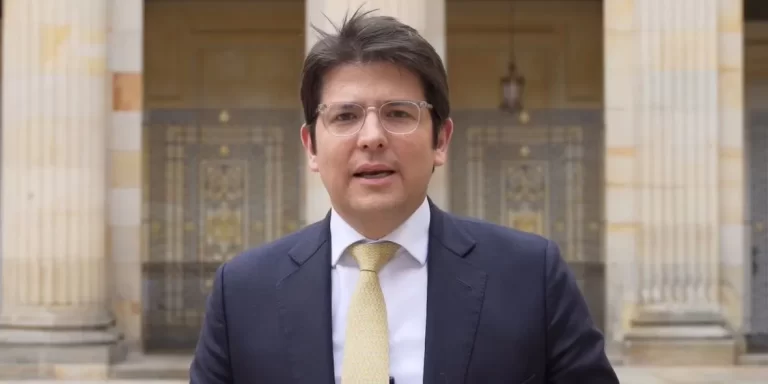[ad_1]
BRIDGEWATER, N.J./WASHINGTON (Reuters) – President Donald Trump will lay out his long-awaited U.S. strategy for the war in Afghanistan in a prime-time television address to the American people on Monday night, the White House said on Sunday.
A White House statement said Trump’s 9 p.m. (0100 GMT Tuesday) speech from Fort Myer, Virginia, near Washington, would “provide an update on the path forward for America’s engagement in Afghanistan and South Asia.”
The speech comes with Trump’s administration engulfed in controversy after he was widely criticized for blaming both white nationalists and counter-protesters for violence at a Virginia rally this month organized by neo-Nazis and white supremacists.
It will be Trump’s third prime-time address to the country as president after a speech to Congress in February that is part of an annual tradition for U.S. presidents and his announcement in January of Neil Gorsuch as his pick for the U.S. Supreme Court.
Trump, ending a working vacation at his Bedminster, New Jersey, golf club, reached his decision on Afghanistan after lengthy talks with his top military and national security aides at Camp David, Maryland, on Friday.
The president, who launched a strategy review for the region shortly after taking office in January, has expressed fatigue at the long-running Afghan war launched by then-President George W. Bush after the Sept. 11, 2001, attacks on the United States, and privately questioned whether sending more American troops was wise, U.S. officials said.
“We’re not winning,” he told advisers in a mid-July meeting, questioning whether Army General John Nicholson, the top U.S. commander in Afghanistan, should be fired, an official said.
Defense Secretary Jim Mattis has argued that a U.S. military presence is needed to protect against the ongoing threat from Islamist militants, the official said.
Afghan security forces have struggled to prevent advances by Taliban insurgents, more than 15 years since the United States invaded Afghanistan to topple the Islamist Taliban government for giving al Qaeda a sanctuary where it plotted the Sept. 11 attacks.
U.S. military and intelligence officials are concerned that a Taliban victory would allow al Qaeda and Islamic State’s regional affiliate to establish bases in Afghanistan from which to plot attacks against the United States and its allies.
One reason the White House decision has taken so long, two officials who participated in the discussions said on Sunday, is that it was difficult to get Trump to accept the need for a broader regional strategy that included U.S. policy toward Pakistan before making a decision on whether to send additional forces to Afghanistan.
Both officials, speaking on condition of anonymity, declined to disclose Trump’s decisions on troop levels and Pakistan policy before he does.
CONFLICTING OPTIONS
The difficulty in reaching a decision was compounded, the two officials said, by the wide range of conflicting options Trump received, both in formal briefings, meetings and phone calls and from news and commentary on television and social media.
White House national security adviser H.R. McMaster and other advisers favored accepting Nicholson’s request for some 4,000 additional U.S. forces.
But recently ousted White House strategic adviser Steve Bannon had argued for the withdrawal of all 8,400 U.S. forces, saying that after 16 years, the war was still not winnable. Bannon, fired on Friday by Trump, was not at the Camp David meeting.
At least two other options were examined, the officials said.
One, favored by some officials, was shrinking the U.S. force by some 3,000 troops and leaving a smaller counterterrorism and intelligence-gathering contingent to carry out special operations and direct drone strikes against the Taliban.
Proponents argued that option was less costly in lives and money and would add less to the damage already inflicted on U.S. special operations forces by the long-running battles in Afghanistan, Iraq, Somalia and Syria.
Another option, to use a private mercenary force to aid and train the Afghans in place of U.S. troops, was never seriously considered, officials said.
Further complicating matters, the officials said, were differences about how hard to pressure Pakistan to crack down on the Taliban and allies such as the Haqqani group, a course some military and intelligence officials feared would interfere with their cooperation with the Pakistani military and its powerful Inter-Services Intelligence agency, or ISI.
(This version of the story corrects number of Trump’s prime-time addresses to country, paragraph 4)
Additional reporting by Idrees Ali traveling with Mattis in Amman, Jordan; Editing by Sandra Maler and Peter Cooney
[ad_2]
Source link






Leave a Reply